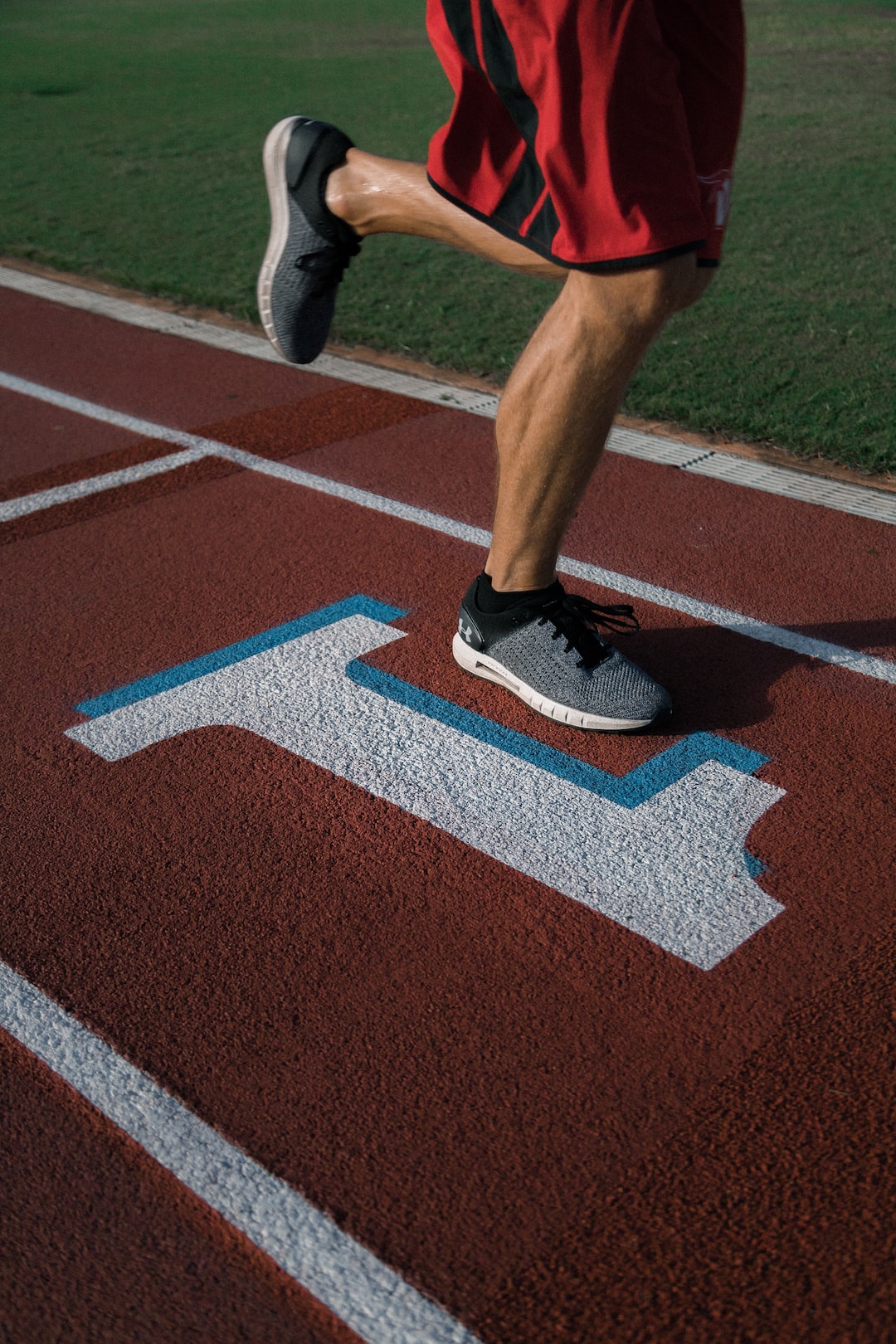The Role of Sleep in Athletic Performance and Recovery
Sleep is often underestimated when it comes to athletic performance and recovery. Athletes put a great deal of effort into training, nutrition, and conditioning, but they may be neglecting one crucial aspect of their routine: sleep. Restful sleep not only enables the body to recharge and recover, but it also plays a pivotal role in enhancing athletic performance. In this blog post, we will explore the various mechanisms through which sleep impacts athletes and offer tips for optimizing sleep for peak performance.
One of the most significant benefits of sleep for athletes is improved physical performance. During sleep, the body releases growth hormones, which help repair damaged tissues, build muscle, and strengthen bones. The restoration of these tissues is vital for athletes who constantly subject their bodies to intense physical activity. Lack of sleep disrupts this repair process, hindering muscular recovery and compromising overall performance.
Additionally, getting sufficient sleep has been shown to enhance skill acquisition and motor learning. A study published in the journal Nature Communications found that individuals who slept for longer durations displayed improved accuracy and faster reaction times, leading to better athletic performance. Quality sleep aids in consolidating information and memories, enabling athletes to better retain the skills they have learned during training, thereby improving overall performance on the field or court.
Another area where sleep plays a prominent role in athletic performance is in cognitive function. Sleep deprivation negatively affects alertness, attention, and decision-making ability. These cognitive aspects are crucial for athletes to execute complex strategies, make split-second decisions, and maintain their focus during a competition. A study published in the journal Sleep Medicine found that athletes who obtained less than seven hours of sleep per night exhibited decreased cognitive performance, impaired reaction times, and reduced accuracy in judgment. These deficits can significantly impact an athlete’s ability to perform at their best.
Beyond performance enhancement, sleep also plays a vital role in injury prevention. Sleep deprivation has been associated with an increased risk of injuries, particularly among athletes engaging in high-intensity sports. Lack of sleep reduces coordination, impairs reaction time, and compromises muscle activation patterns, making athletes more susceptible to accidents and injuries. Adequate sleep allows the body to perform optimally, reducing the risk of accidents during training or competition.
While the importance of sleep in athletic performance and recovery is evident, many athletes struggle to achieve restful sleep. Here are some tips to optimize sleep for better performance:
1. Consistency is key: Maintain a regular sleep schedule by going to bed and waking up at the same time every day, even on weekends. This routine helps regulate your internal clock and promotes more restorative sleep.
2. Create an optimal sleep environment: Ensure your sleeping environment is dark, cool, and quiet. Invest in a comfortable mattress and pillow, and consider using earplugs or an eye mask to block out any distractions.
3. Establish a bedtime routine: Engage in relaxing activities before bed, such as reading a book, taking a warm bath, or practicing deep breathing exercises. This routine signals to your body that it’s time to wind down and prepare for sleep.
4. Limit electronic device usage: The blue light emitted by smartphones, tablets, and computers can disrupt the production of melatonin, a hormone that regulates sleep. Avoid using electronic devices at least an hour before bed to promote better sleep quality.
5. Stay active but avoid intense exercise close to bedtime: Regular exercise promotes better sleep, but intense workouts close to bedtime can make it difficult to fall asleep. Finish your workouts at least two to three hours before bed to allow your body enough time to wind down.
In conclusion, sleep plays a crucial role in athletic performance and recovery. Athletes must prioritize quality sleep to reap the many benefits it offers, including improved physical performance, enhanced skill acquisition, optimal cognitive function, and reduced risk of injuries. By following these tips and adopting healthy sleep habits, athletes can harness the power of sleep to excel in their sport and achieve peak performance. Remember, success is not just about training hard; it’s about resting well too.

